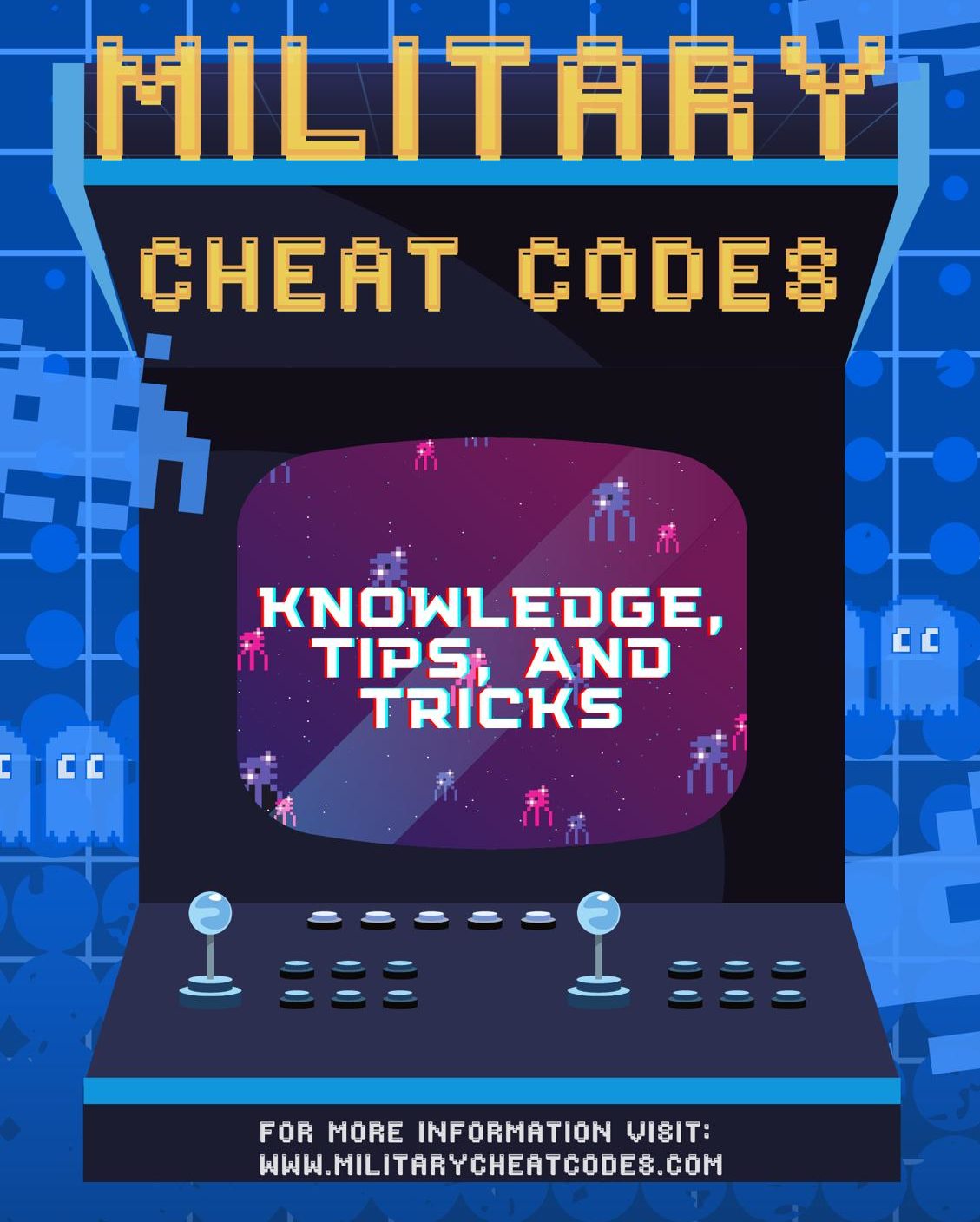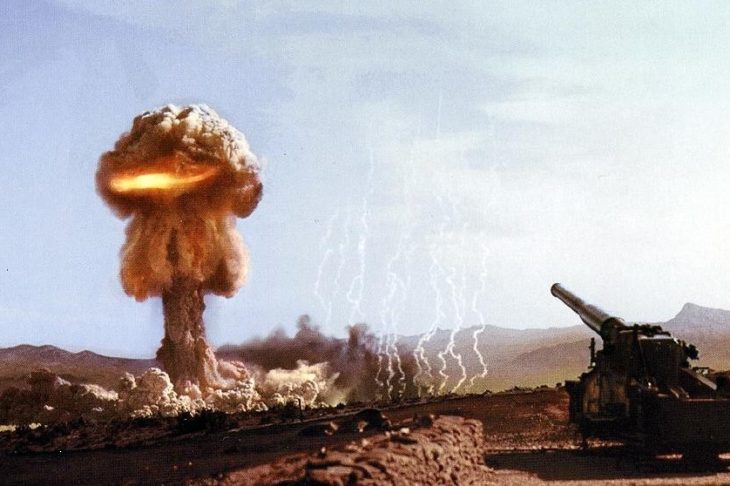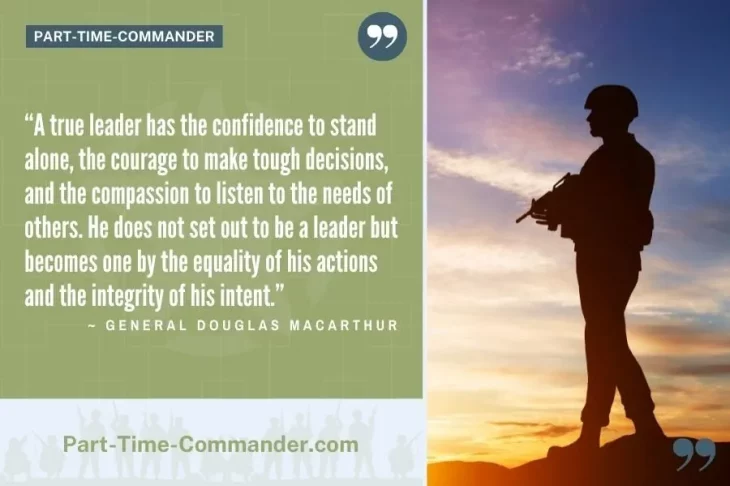Military Lifehack: Make a True friend of Impermanence
Impermanence. I wish that someone had illustrated how important that word could be to me as I was leaving MEPS for the airplane headed to Navy boot camp at Great Lakes in the 1990s.
Being an unapologetic extrovert, I’d generally not experienced bona-fide stage fright, but I certainly had a full-blown case of it on a warm Hawai’i February day in 2018: it would be my final moment in military leadership there – or ever – standing before my 202-Sailor Department conducting morning Quarters (Navy-speak for “morning formation”) before I would begin my retirement out-processing.
I knew the day was coming, and that I’d be expected to confer some pearl of knowledge to the more junior Sailors formed up in front of me. I even had a short speech prepared, but in the bowels of my soul I knew the words I wrote weren’t trulythose with which I would’ve preferred to leave the most junior of them, so I needed to wing it: What might I say that I wish had been said to me early on?
Impermanence: all things end, and their end is not preventable. One must make a true friend of impermanence; If one does not, military life (and life in general) will find a way to emotionally crush them again and again.
I realized that a fair amount of pain and stress in the people above, beneath, and beside me in my chains-of-command across the decades (markedly also within fellow veterans with whom I speak lately) comes from a certain source: holding on to a lifestyle, a schedule, a person, an attachment, a failed dream, or even a trauma, never truly sensing or appreciating the impermanence of that thing, whether it be good or bad. And not just that: failing to see the impermanence in all things.
One hears it again and again in the services’ boot camp documentaries which have begun to collect on YouTube: at some point early on, a drill instructor yells something to the effect of, “Whatever you were before now – that’s gone. That whole life is gone. You’ve said good-bye to that by showing up here.” There are centuries of wisdom behind those statements, and it’s one of the most important lessons one learns in basic training. This lesson holds true not only when one trades in their civilian life for a military life, but also as one advances, changes duty stations, marries, divorces, and so-on. In fact, the more you “re-learn” that moment, the easier things seem to get when you suddenly get dunked under water; the shock and surprise of the moment more easily washes away, and you start to, as the Marines say, calmly “improvise, adapt, and overcome.”
Perhaps, as a new recruit, you’re still in contact with friends and family back home. Be advised: their lives will continue without you, and yours without them. There will of course be conversations and visits, but it can never truly be the same as it was before. Nor should it ever be: it can become an attachment to which you could one day find yourself clinging. Good or bad, it’s baggage that could weigh you down. When one actively tries to keep the “before” in present-tense, clutching onto an idea, a person, a lifestyle, it only causes more pain. Accepting impermanence, accepting that our relationships need to evolve and mature (and, in truth, often need to end) can help cure a lot of that pain in advance.
Perhaps you get placed into a different organization within your duty station that is surprisingly wonderful: you love the people with whom you work, there is mutual trust and respect amongst the ranks, you feel legitimately fulfilled and challenged, and you truly flourish (such circumstances do actually exist, I assure you). Now imagine that months afterward, due to a decision well above you, you are suddenly placed in a work-center or group that is precisely the opposite: seemingly cruel and with long work hours, abhorrent conditions, serving a superior who simply will not care one bit for your mental wellbeing or your career (such circumstances do actually exist, I equally assure you). You can choose to feel sorry for yourself, or you can choose to feel angry, or you can complain, or even look for a Reddit post which “confirms” your interpretation of your workplace as “toxic” – but none of these actions will ultimately aid your wellbeing. Or, you can choose to see the impermanence of it all while you gut it out: sooner or later, that situation will end.
Imagine that, out of the blue, you receive a phone call from your superior notifying you that the following day, you’ll deploy halfway around the world. It happens: I happened to be in a job for eight of my 21 military years during which we were on-call to leave with less than 24 hours’ notice each and every time. As a result, there seemed only an “illusion” of a regular family life, because whenever the phone rang, there was always a chance I would be asked to take a seabag (one was always packed) and be on a plane very soon. I could never absolutely promise to “be there” for my family at any specific date in the future. As stressful as that duty was, in the end it was rewarding, and ultimately I knew my time in the billet was limited; there was always a light at the end of the tunnel. Reminding myself of that fact was a blessing; I knew the situation was impermanent.
Everything is impermanent: your military career, your happiness, your sadness, your own life. I so often wish, sometimes with tears in my eyes, that I had told the friends I had across many of those military years how much they truly meant to me; I wish I had not squandered precious time with them without being truly aware of how much we were enjoying each others’ company. This regret still weighs deeply.
I wish I had told a certain few what truly amazing and inspiring human beings they were – but they never made it back from their deployments; I wasted the opportunity, and now there is no chance to communicate this to them. This regret also still weighs deeply.
Take advantage of your short time together, and do the best you can to savor each moment: life itself is impermanent.
As for my would-be “enemies”, “rivals”, and “toxic bosses” while in the Navy, impermanence extends even to them. Now in retirement, were we to cross paths, I’d gladly share a meal with them as I realize that even they can change over time: there is every chance that they are not the same people as they were before when I couldn’t even bear the sight of them. Perhaps even they have learned some important truth about life which I need to hear, whatever my situation is.
You’ll mature, your life-view and beliefs will change countless times, you’ll advance in rank, you might even get in trouble and end up reduced in rank (and if you’re lucky enough after such an event to stay in and receive good guidance, you’ll be born again hard – and will be a better, more understanding and empathetic leader because of it… but that’s a topic for another day); you may find yourself a victim, you may just victimize someone else, you may take a life, some people you’ve gone to great effort to save or protect may ultimately get killed; some of your closest friends may lose their lives, a subordinate may commit suicide. These are all life-altering events, all of which may cause you for differing reasons to need to affirm internally, “What I was… is gone. I’ve said goodbye to that forever.” You must be able to pick yourself up, realize the event for what it was, healthily say goodbye to it, dismiss it and carry on smartly, facing the next ocean wave head-on at a flank bell with all your focus and might.
It’s a comfort and an endless well of strength. That’s impermanence.
————————
Armitage Hawkshaw is the pen name of an anonymous Sailor who served 21 years active duty in the United States Navy and retired in 2018. These days, he mainly does e-forensics and e-discovery with occasional bouts of classical piano, jazz & heavy metal guitar work with other musicians. His rock band will debut their first album in 2023. He can be found on Twitter as @JohnalderoG and on Mastodon as JarmitageM@mstdn.social


